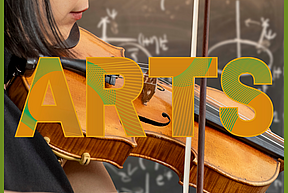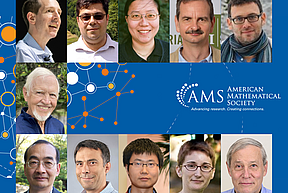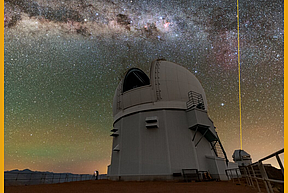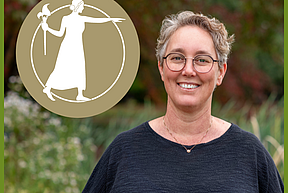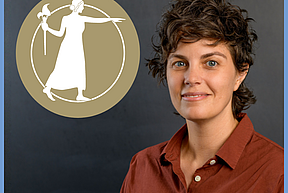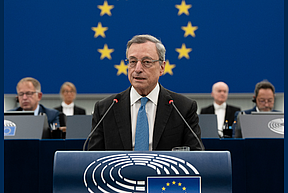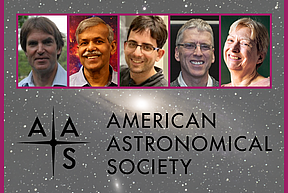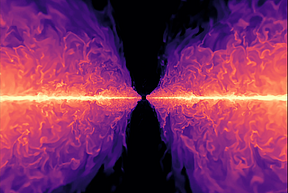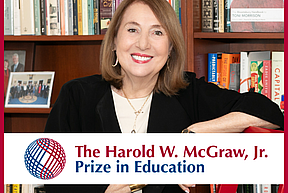News
Explore the latest news related to the Institute for Advanced Study and its community of scholars.
The Institute welcomes inquiries from the press regarding coverage of the Institute and its scholars, interviews, and filming. Please direct all inquiries to Lee Sandberg at lsandberg@ias.edu.
The Institute’s Communications team welcomes inquiries from the press regarding coverage of the Institute and its scholars, interviews, and filming. For information about the Institute and current research, visit About and the Ideas sections of the website.
